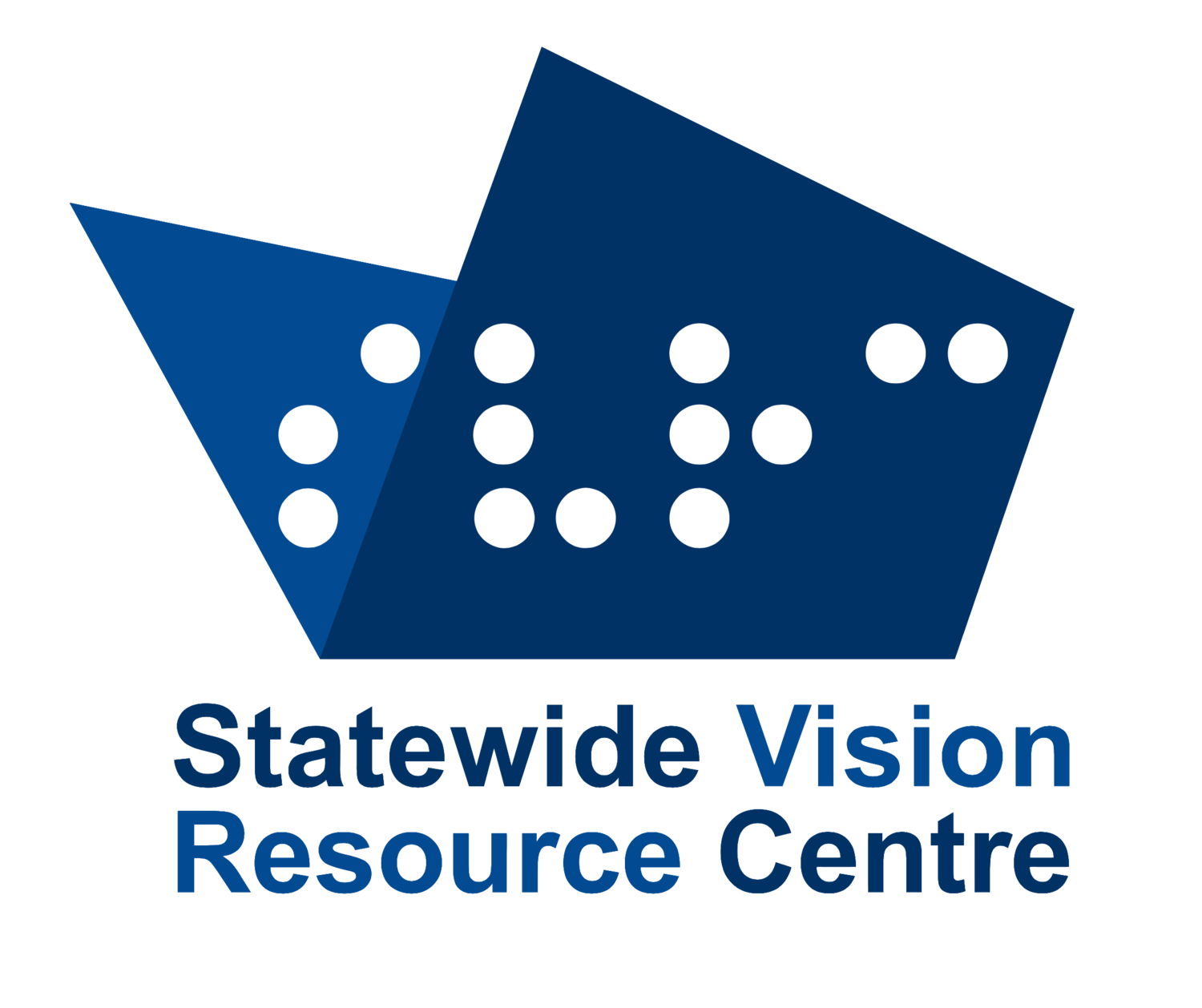The Role of Visiting Teachers
Visiting teachers (vision) can work with schools to address your child’s learning needs. They can support your child in the following ways:
assessing and recommending the most appropriate learning media for your child, including braille, large print, audio and/or electronic text
teaching vision-specific skills from relevant areas of the Expanded Core Curriculum to ensure your child can fully access and engage with the school curriculum
supporting school teachers to effectively address your child’s learning needs by adopting inclusive whole-school and classroom teaching practices
assisting in the development of individual learning interventions for your child, such as a program to teach touch typing
providing information about your child’s vision impairment and its educational implications to teachers, class members and the wider school community, where appropriate
providing training for your child and their classroom teachers in the appropriate use of assistive technologies
completing reports and supporting your child’s school to apply for special provision for their assessment, including external examinations
participating in meetings, such as student support groups, with you, your child, and your child’s school
coordinating production of alternate format learning materials, through SVRC or locally in the school, in consultation with class and subject teachers.
Government Schools
The Department of Education’s Visiting Teacher Service supports eligible students enrolled in Victorian government schools. It works within the Department’s regional structure, with support available across Victoria.
In most cases your local Department of Education's regional office is your first point of contact for help, questions or feedback, if your school cannot help.
Catholic Schools
A separate Visiting Teacher Service has been established by the Catholic Education Commission of Victoria (CECV) to provide consultation for school communities supporting students with sensory and physical impairments and those with significant health needs. Visiting teachers often liaise with external agencies to provide consultancy advice regarding educational needs, mobility and access to school facilities, curriculum differentiation, and assistance with development of personalised learning plans, consultancy to program support groups and/or professional development for teachers.
The Catholic Education Commission of Victoria (CECV) is supported by the Catholic education offices of the four dioceses: Melbourne, Ballarat, Sandhurst and Sale. More information about the Visiting Teacher Service offered by the Catholic Education Commission of Victoria (CECV) is located on the CECV website.
Independent Schools
The Victorian Government provides limited funds to independent schools for the provision of specialised services to support students with demonstrated needs. Independent schools are able to apply for funding so they can engage specialists to provide visiting teacher support for students who are blind or have low vision.
Parents need to provide consent to an application.
The role of the visiting teacher includes consultancy, direct teaching and liaison with relevant agencies and professionals. Frequency of visits depends on the student’s educational needs related to the impairment/disability. Additional levels of funding are available for visiting teacher service for students learning braille.
Independent schools need to engage their own visiting teachers. Please contact us for information about independent visiting teachers.
